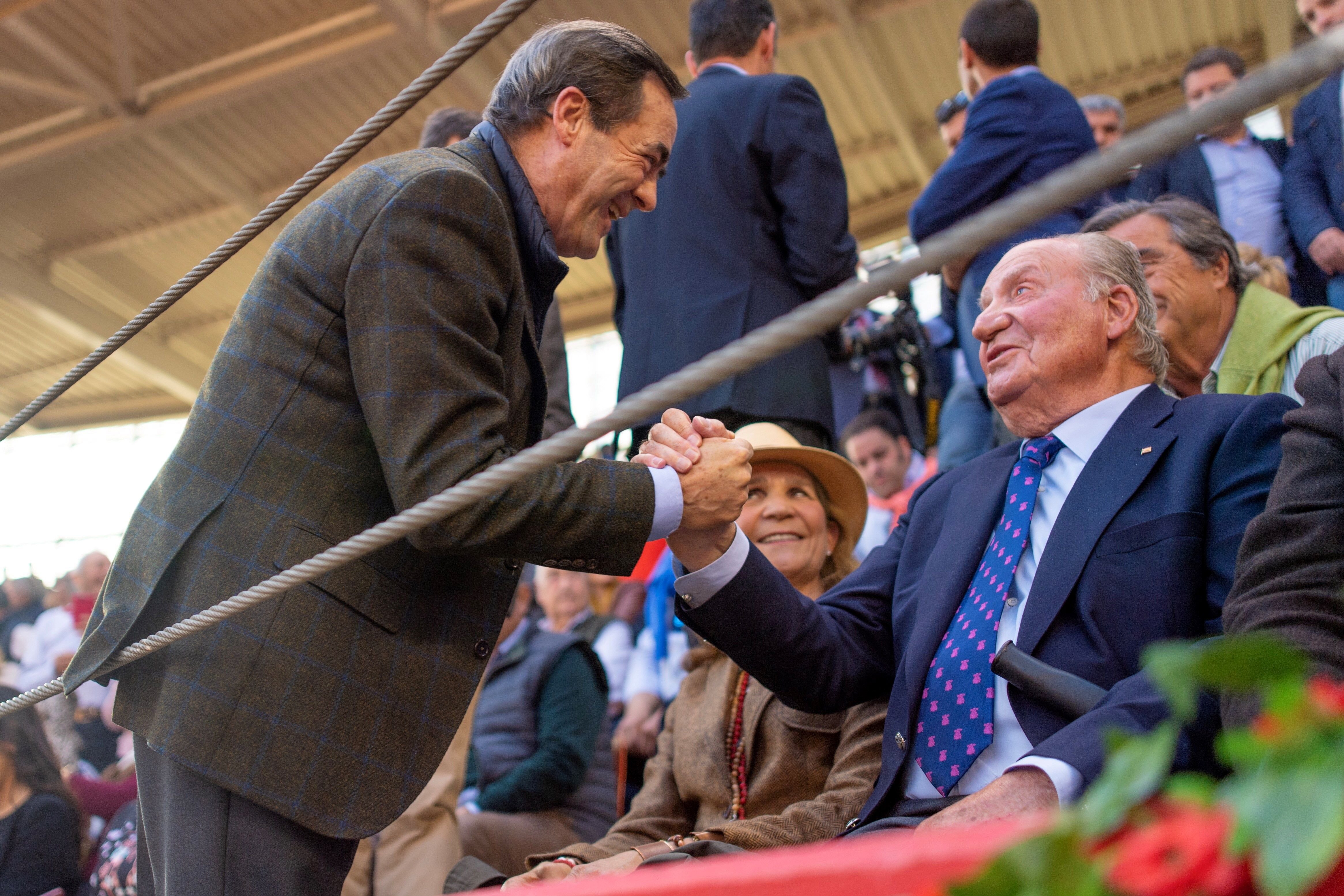Spain's former king and head of state, Juan Carlos I, used to put pressure on the Spanish government to obtain favourable treatment in certain situations. Despite the role defined by Spain's Constitution, which separates the monarch from the executive branch of government, Juan Carlos had no problem in using his status to try and benefit from certain actions of the Spanish government - or, at least, prevent them from affecting him negatively.
This is one of the revelations that emerged in an episode of the Spanish current affairs programme Salvados, on La Sexta network, which interviewed two former senior Spanish political figures on the subject. José Bono (PSOE), the country's defence minister in 2004-2006, revealed how the monarch did not hesitate to ask him to refrain from replacing general Luís Alejandre, the then-head of the General Staff of the Army, and in the face of the minister's refusal, he went directly to the prime minister of the day, José Luis Rodríguez Zapatero, to protest: "The minister of defence won't listen to me”.
The programme brought Bono together with the former foreign minister in the 2011-2016 period, José Manuel García-Margallo (PP) to address the situation of the Bourbon patriarch and the entire troubled monarchical institution. However, although the programme revealed how Juan Carlos had phoned the Spanish PM to put pressure on him and had even contacted Bono himself in his time as speaker of the Congress of Deputies (2008-2011) to thank him after certain delicate parliamentary questions were rejected before they could be raised in the house, neither of the two former ministers seemed at all shocked by these obvious pressures on both the executive and the legislature, to the point that Margallo came to consider that a parliamentary monarchy “is, necessarily, above the three powers”.
While both ex-ministers advocated the need to investigate possible corruption within the monarchy, they also emphasised that great care was necessary in doing this, considering that it was not the job of Spain's Congress. In addition, they completely exonerated current head of state Felipe VI of any part in the possible crimes of his father.
The patriotism that covers up everything
Margallo went even further, and despite defending the need to investigate criminal evidence, defended Juan Carlos for his intense patriotism: “I have never met anyone who has the love for Spain that Juan Carlos de Bourbon has, his passion for Spain is truly emotional”, he said, asking for the reign of Juan Carlos to be judged on balance - considering that it was “key” for the consolidation of democracy in Spain.

